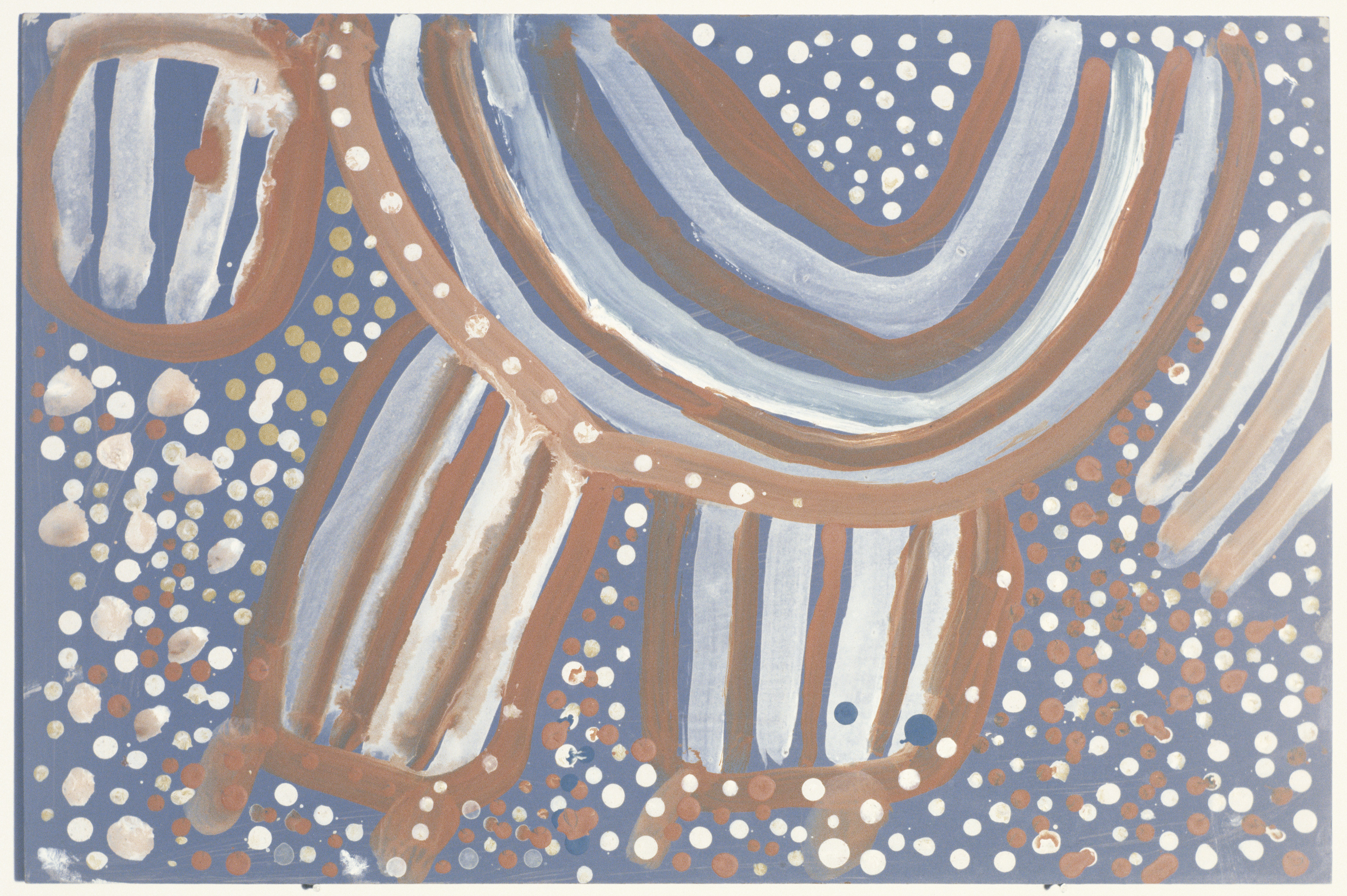Personal cultural competency
Aboriginal and Torres Strait Islander Cultures
Understanding culture starts at home; it starts with understanding, with critically reflecting on on...
Embedding culture in teaching practice
Aboriginal and Torres Strait Islander Cultures
This course focuses on developing culturally competent teaching practices and curriculum. It is des...
Building a culturally competent and responsive service
Aboriginal and Torres Strait Islander Cultures
This course gives you practical actions that you can use across your entire service. It covers pol...
Understanding culture starts at home; it starts with understanding, with critically reflecting on one’s own cultural background and assumptions, and appreciating that there are other perspectives and other ways of seeing the world and doing things, and that there are advantages in knowing each other better and in appreciating difference. This course looks at power and positioning of cultures and the difference between being in a mainstream and a minority culture. It starts with understanding oneself, and then moves to thinking about the histories and continuing cultures of Aboriginal and Torres Strait Islander peoples and the Country on which living and learning takes place. The course uses artwork and story with the aim of creating empathy, appreciation and understanding.
In considering the course it is important to highlight that there is no single Aboriginal or Torres Strait Islander history or cultural identity. There is a diversity of Aboriginal and Torres Strait Islander histories, cultures, identities and perspectives. It is important to explore both contemporary and traditional aspects of Aboriginal and Torres Strait Islander peoples, cultures and contributions.

During the course, you will be directed to the Share Our Pride website, which aims to support understanding of the histories of Aboriginal and Torres Strait Islander peoples and past policies directed at these groups. Understanding how past events may have affected Aboriginal and Torres Strait Islander peoples is essential to developing cultural competence in Australia.

This course focuses on developing culturally competent teaching practices and curriculum. It is designed to help you if you are working with Aboriginal and Torres Strait Islander children and their families. It also provides ideas and support for contexts where there are no Aboriginal or Torres Strait Islander children, families or staff members. It aims to:
- provide understandings of the concept of cultural safety and the cultural needs and aspirations of Aboriginal and Torres Strait Islander educators, children, families and communities
- explore some teaching ideas to embed understandings of Aboriginal and Torres Strait Islander peoples and cultures in curriculums
- provide some ways of understanding and moving beyond cultural tokenism
- prompt
thinking about how diverse perspectives shape curriculum design.
Note that a wide diversity of approaches can be
taken and the examples included here aim to inspire you on your own journey
towards greater cultural competence.

This course gives you practical actions that you can use across your entire service. It covers policy, workforce development, resources, environment, community engagement, partnerships and advocacy. A variety of approaches, models and practices can be used, depending on the particular service/community context concerned.
